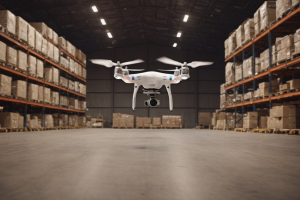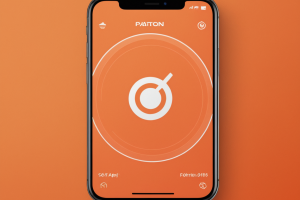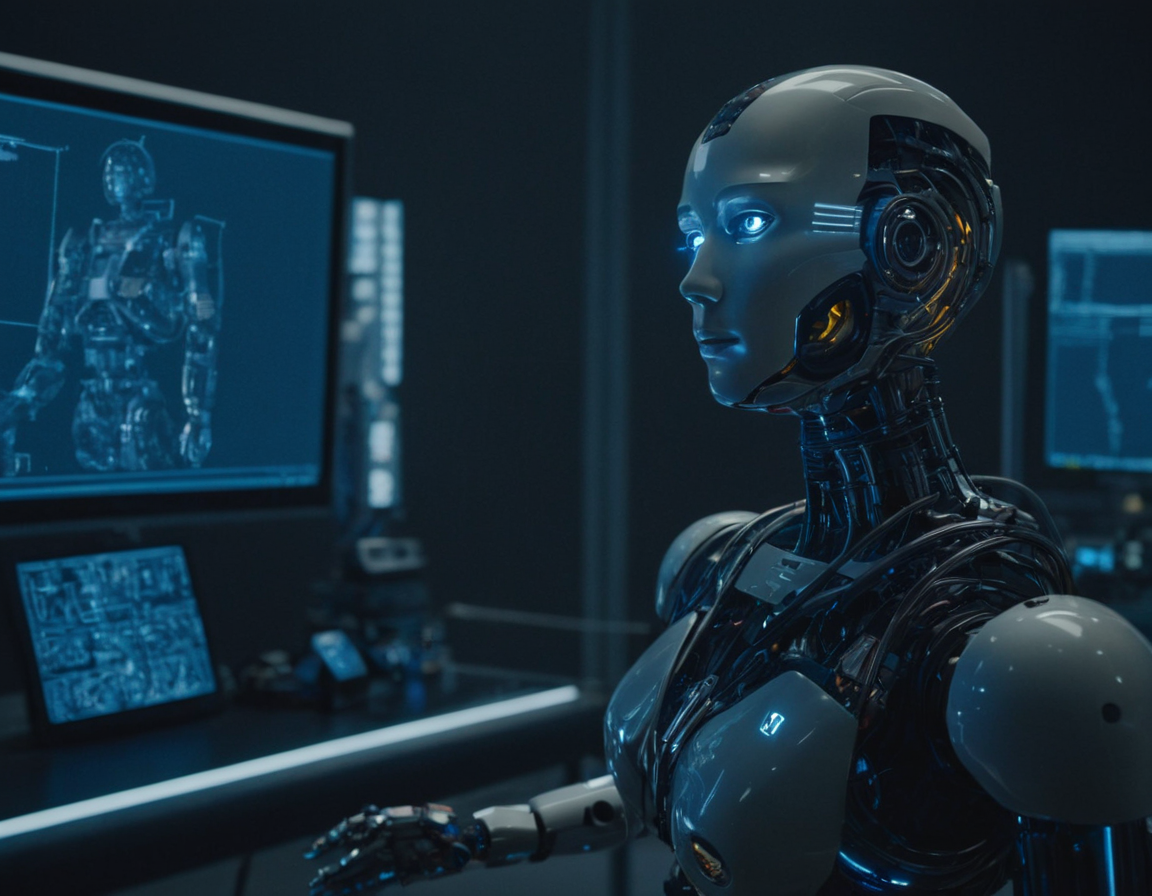Introducing RFM-1: Covariant’s AI Platform for Robots
Building ChatGPT for Robots
Introduction: Covariant, a UC Berkeley spinoff, is revolutionizing the way robots think and operate. They have launched RFM-1, a groundbreaking AI platform designed specifically for robots. This innovative technology aims to provide robots with a “human-like ability to reason,” allowing them to better understand language and the physical world.
Key Points:
Covariant’s RFM-1 is inspired by ChatGPT and built upon vast amounts of data gathered through deployments of their Brain AI platform.
The vision behind RFM-1 is to empower billions of robots across various industries such as manufacturing, food processing, recycling, agriculture, services, and home use.
Currently, RFM-1 is mostly used in industrial robotic arms performing common warehouse tasks, but plans include expanding to humanoid robots eventually.
RFM-1 provides robots the capability to process real-world data and make decisions based on the best course of action to complete tasks.
Traditional robotic systems require reprogramming whenever faced with minor variations or new tasks; RFM-1 aims to overcome these limitations.
Covariant’s founders have strong connections to OpenAI, the creators of ChatGPT.
RFM-1 works similarly to consumer-faced generative AI, accepting input commands via text or voice and generating video outcomes to determine the optimal approach.
Covariant anticipates that the new RFM-1 platform will be compatible with the majority of existing hardware on which their software is installed.
Conclusion: By introducing RFM-1, Covariant is taking significant strides towards bridging the gap between human-level reasoning and robotic capabilities. Their cutting-edge AI platform promises to transform the way robots interact with and navigate the world, opening doors to countless possibilities in multiple industries.













